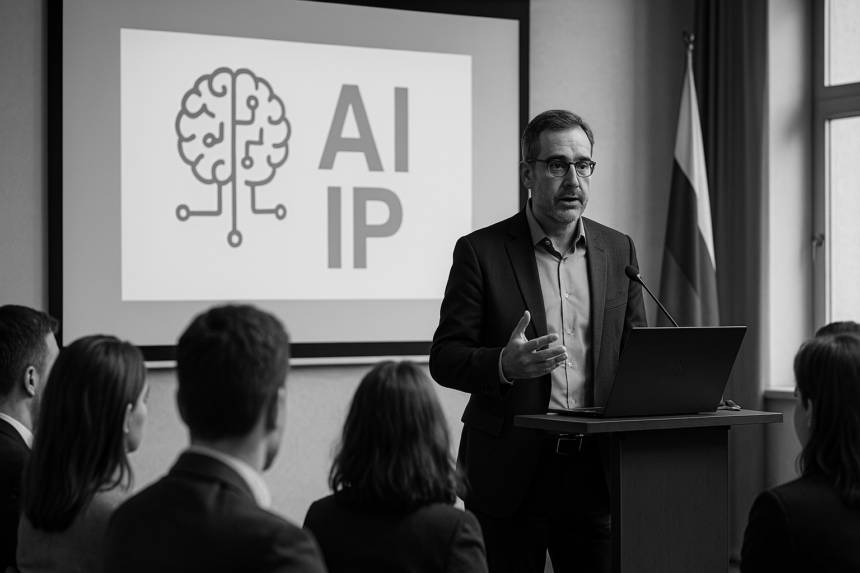AI Meets IP: WIPO’s 2025 Conversation Spotlights the Future of Innovation Rights
A global event explores how to protect creators in the age of algorithms and generative AI.
🗞️ Introduction
“How do we ensure fair protection for creators while allowing technological innovation to flourish?”
That’s the question posed—implicitly and urgently—by the World Intellectual Property Organization (WIPO) in their recent LinkedIn post announcing the next edition of the WIPO Conversation on Intellectual Property and Frontier Technologies. Themed “AI and IP: Infrastructure for Rights Holders and Innovation”, this April 2025 event promises to tackle one of the most complex issues facing legal, tech, and creative industries today: how to build copyright systems that can withstand the impact of artificial intelligence.
Background & Context
As the specialized UN agency responsible for global IP governance, WIPO has been at the center of conversations about how AI intersects with authorship, ownership, and rights enforcement.
Their upcoming event—WIPO Conversation 11, scheduled for April 23–24, 2025—will feature:
-
Presentations by experts in copyright and AI
-
Panel discussions on attribution, licensing, and rights management
-
A collaborative session for global stakeholders
The post makes it clear: this isn’t a typical academic conference. It’s a policy-shaping forum, one that invites creators, engineers, lawyers, and public policymakers to the same table.
Key Takeaways from the Announcement
Thematic Focus: Infrastructure Under Strain
As generative AI blurs the lines between creator and tool, traditional copyright systems are buckling. WIPO’s session focuses on the “infrastructure for rights holders”—systems of attribution, licensing, and compensation that need urgent modernization.
Inclusive Dialogue
By hosting the event online and emphasizing panel discussions and sharing sessions, WIPO ensures that participation isn’t limited to major market players. Voices from emerging economies, creator communities, and legal practitioners all have a place.
AI vs IP: A Policy Tug-of-War
The session’s framing underscores a growing tension: how can IP law evolve fast enough to balance innovation with creator protection? It’s a regulatory dilemma with global consequences.
Community Reaction
While the post is only a few hours old, the #WIPOFrontierTech hashtag continues to gather traction. Legal professionals and tech developers alike are sharing the link to register. Comments reflect a shared concern across industries: we need answers, and we need them fast.
Our Perspective
From a legal advisory standpoint, events like these reveal the urgency for businesses and creators to revisit their IP strategies. Whether you’re:
-
Using generative AI in content creation
-
Developing AI software
-
Or drafting contracts with IP implications,
…you need to anticipate the shifting definition of originality, authorship, and licensing.
More than ever, this means clauses related to data rights, attribution, compensation models, and AI-generated works must be built into your contracts—not as afterthoughts, but as safeguards.
Call to Reflection
As AI becomes a collaborator rather than just a tool, how do we recognize—and reward—human creativity?
And in your next business deal or innovation project, ask yourself:
Are your IP clauses future-ready?



Leave a Reply